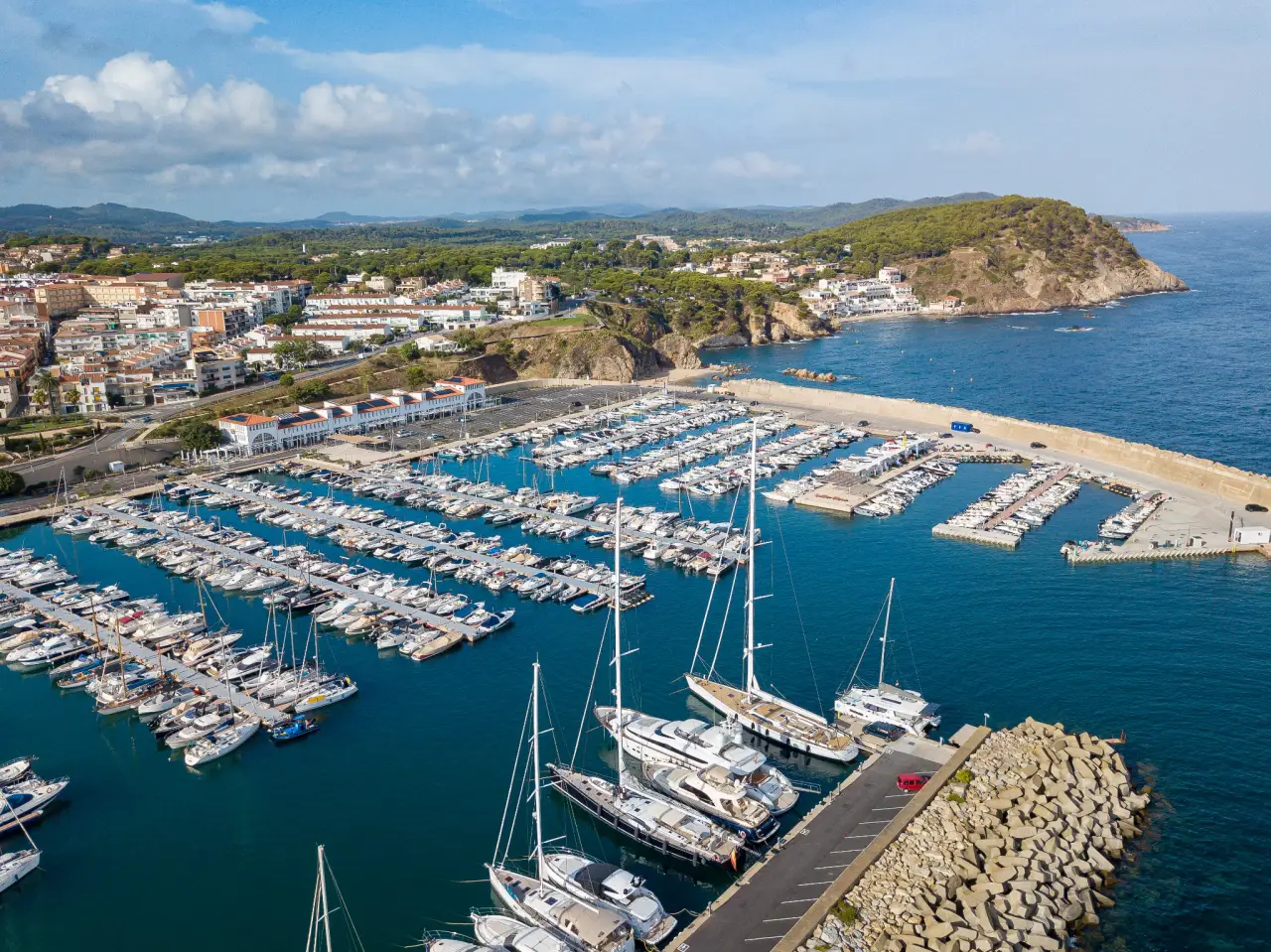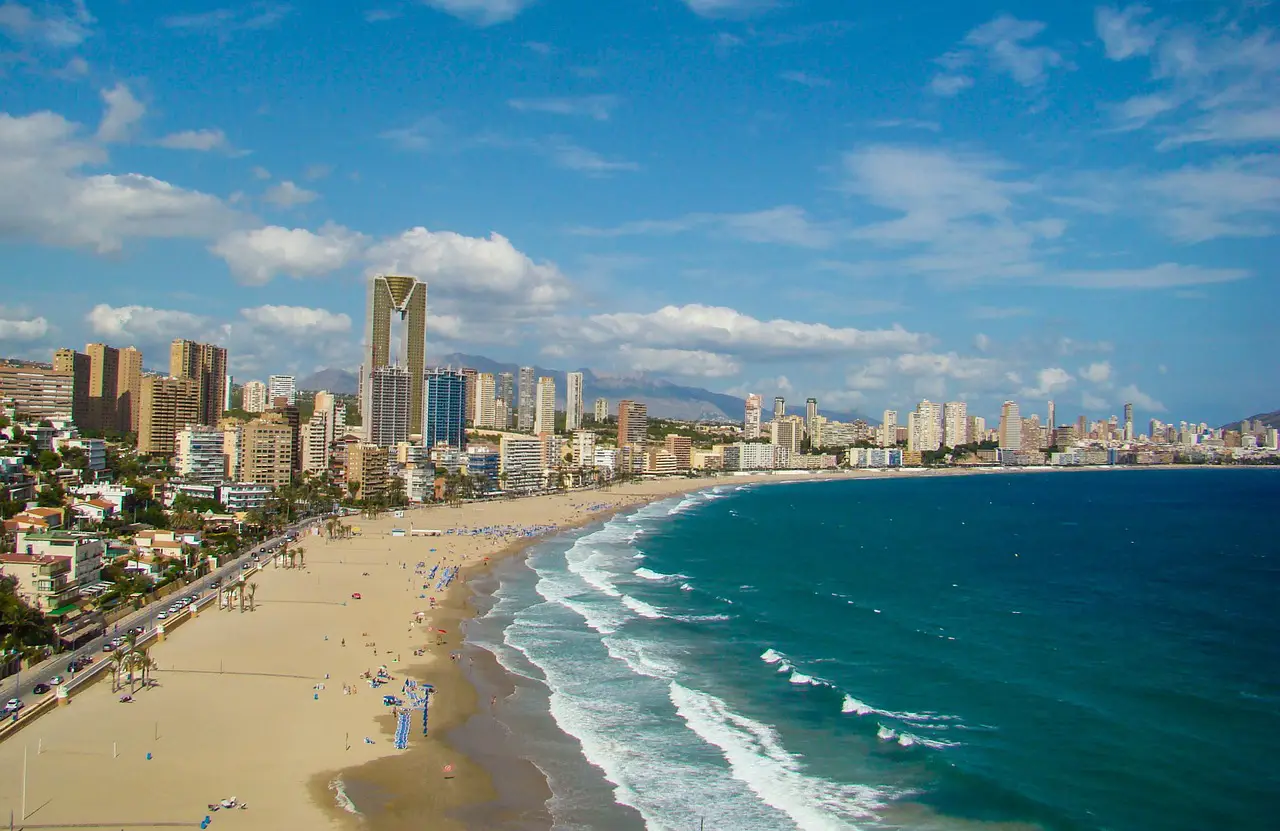Preferred Travel Group is taking a major step toward sustainability by launching its Climate Action Plan, a comprehensive strategy for halving carbon emissions by 2030 and achieving Net Zero by 2050.
This plan, created in partnership with the Travel Foundation, a prominent international sustainable tourism organisation, underscores the company’s commitment to reducing its carbon emissions and engaging associates in climate action at every level of the organisation.
Building on the Preferred Travel Group’s signing of the Glasgow Declaration on Climate Action in Tourism, the Climate Action Plan aims to reduce the company’s carbon emissions by 50% by 2030 and achieve Net Zero emissions by 2050. The plan focuses on five key pathways: Measure, Decarbonize, Regenerate, Collaborate, and Finance. It integrates climate action into the Preferred Travel Group corporate strategy and ensures it becomes a core component of business decisions and a lens through which success is measured.
“As someone who has witnessed firsthand the transformative power of travel, I have always believed in its ability to connect people and cultures. With this privilege comes the responsibility to ensure that travel contributes positively to our planet,” said Lindsey Ueberroth, CEO, Preferred Travel Group.
“Our Climate Action Plan demonstrates that we are taking concrete steps toward building a more sustainable future. This is a commitment we are wholeheartedly invested in, and we invite our industry partners and guests to join us on this critical journey.”
The Climate Action Plan Development Process
The plan addresses internal operations and focuses on creating a broader impact, emphasizing opportunities to foster scalable, industry-wide collaboration in the years to come. The following steps have been taken to guide the plan’s development and implementation:
· Baseline Emissions Inventory and Situation Analysis – Preferred Travel Group began by conducting a baseline emissions inventory led by ecollective, quantifying greenhouse gas (GHG) emissions across Scopes 1 (direct emissions from sources owned or controlled by the company), 2 (indirect emissions from purchased electricity), and 3 (all other indirect emissions, such as business travel and employee commuting). Alongside this, the Travel Foundation conducted a situation analysis, gathering feedback from Preferred Travel Group associates to identify key opportunities for climate action within the company’s operations and across its broader stakeholder network.
· Defining Objectives Aligned with Global Climate Frameworks – Using the baseline emissions inventory results and situation analysis, Preferred Travel Group established a set of objectives leading to 2030 that outline the strategic direction of the Climate Action Plan. These objectives were designed based on three guiding frameworks:
- Paris Agreement Alignment: The company’s climate goals support global efforts to limit temperature rise to well below 2°C, with an aspirational target of 1.5°C. This involves achieving a 50% reduction in emissions by 2030 and Net Zero by 2050.
- Five Pathways of the Glasgow Declaration: Objectives were structured according to the five pathways of the Glasgow Declaration — Measure, Decarbonize, Regenerate, Collaborate, and Finance — to ensure a balanced, multi-faceted approach to climate action.
- Internal Operations and Sphere of Influence: Each objective was tailored to focus on key emissions sources and activities under the control of Preferred Travel Group, targeting areas where the company can scale positive impact through the company’s larger sphere of influence – including member hotels, suppliers, and wider tourism industry partners.
- Identifying Actions to Achieve Each Objective – Preferred Travel Group identified specific actions for each objective to ensure practical implementation. Each action is tied to measurable outcomes that drive progress toward achieving broader climate goals.
· Prioritization Framework – To ensure resources are effectively allocated, actions were prioritized based on cost, implementation timeframe, emissions reduction potential, ease of use, and associate engagement. A scoring system helped determine which actions would deliver the greatest impact.
The Path Forward: Operational Actions and Strategic Implementation
In 2025, Preferred Travel Group will focus on implementing its Climate Action Plan by establishing effective systems, refining policies, and engaging associates to create lasting impact. These efforts will provide a structured framework for reducing environmental impact and promoting a low-carbon future.
Key priorities include enhancing emissions tracking and reporting systems for business travel and events, which contribute significantly to Scope 3 emissions, and refining travel and event policies to achieve emissions reduction across company operations.
Associate engagement will be central to this effort, with training, workshops, and resources fostering a culture of climate action. Guided by the internal Climate Task Force and Climate Steering Committee, associates will be empowered to integrate more sustainable practices into their roles and help drive innovative climate initiatives across departments.
By prioritising the decarbonisation of internal operations, Preferred Travel Group sets a strong foundation for expanding these efforts across its global network of stakeholders.
This approach emphasises the company’s commitment to leading the travel sector’s transition to a lower-carbon future, fostering innovation, accountability, and partnership. Beyond emissions reduction, the company is dedicated to empowering associates and stakeholders to adopt climate-conscious practices and contribute to collective industry transformation.
Click to view the full Climate Action Plan, including details on the emissions inventory methodology, full list of 2025 objectives and actions, and more.













